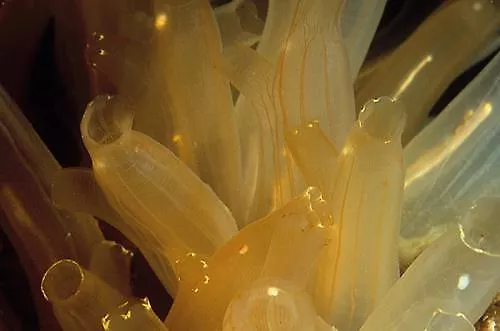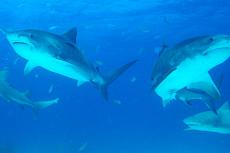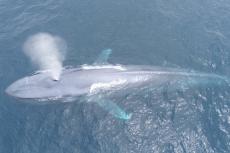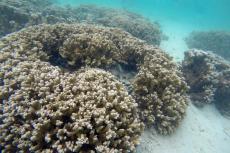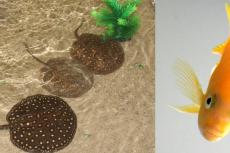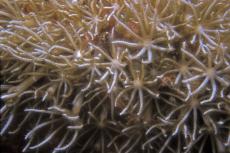Tunicate ‘hair’ could help repair damaged muscles
Ancient species possesses incredible regeneration properties. Discovery may have potential to treat patients suffering from serious injuries.
New research from the UK has discovered that tunicates, an ancient sea species dating back nearly five hundred million years, possess incredible regeneration properties.
Scientists at Manchester University discovered that the creatures’ microscopic hairs contain a compound with the ability to function as building blocks that could mend damaged muscle tissue. This discovery may have the potential to treat patients suffering from serious injuries and even permanent disabilities.
The whisker-like hairs contain cellulose, a compound found in most plants. The difference is that the above-mentioned hairs have the power to “encourage” the cells of damaged muscles to glue back together. Stephen Eichorn, James Dugan and Julie Gough, all biomedical experts, succeeded in chemically extracting those minuscule whiskers. When aligned in order to be parallel, these hairs helped the cells of a damaged muscle to heal rapidly.
Build tissue from scratch
Dr. Eichorn’s belief is that the cellulose provided by the tunicates could be capable to “fix” a muscle or even “build” a muscle from scratch. “Although it is quite a detailed chemical process, the potential applications are very interesting,” stated Dr. Eichorn.
“Cellulose is being looked at very closely around the world because of its unique properties, and because it is a renewable resource, but this is the first time that it has been used for skeletal muscle tissue engineering applications. There is potential for muscle precision engineering, but also for other architecturally aligned structures such as ligaments and nerves.”
Growing in a large assortment of shapes and sizes, ascidians can be found on seabeds around the world. Scientists also believe them to possess anti-viral qualities, which could be significant in the battle against several types of cancer.
Although it is quite a detailed chemical process, the potential applications are very interesting.
- Log in to post comments


